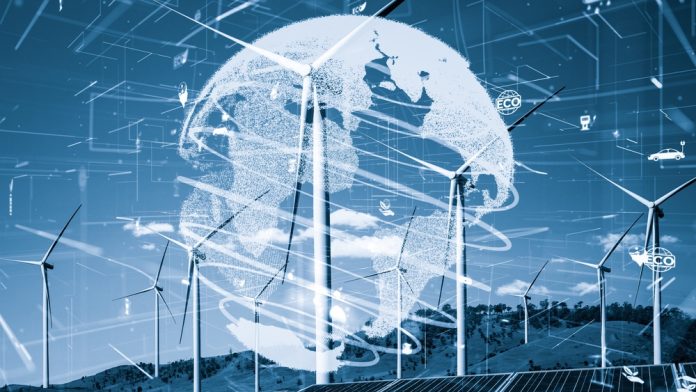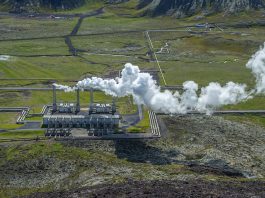The energy sector is undergoing a seismic shift, and artificial intelligence (AI) is at the heart of this transformation.
With its ability to analyse vast datasets, predict trends, and optimise processes, employing AI in the energy sector is poised to redefine how energy is produced, distributed, and consumed.
Understanding these changes is crucial to staying ahead in a rapidly evolving landscape. Let’s dive in and explore the opportunities that AI can offer.
AI in energy production
In the renewable sector, AI algorithms are used to predict weather patterns, which helps in optimising the output from solar and wind farms.
For example, machine learning models can analyse historical weather data to forecast sunshine and wind speeds, enabling operators to adjust turbine and panel settings for maximum efficiency.
The large datasets that are involved in this task suit the nature of AI – it can spot patterns and provide detailed data analysis.
In traditional energy production, AI is improving the efficiency of oil and gas extraction. Advanced AI-powered sensors and data analytics help in reservoir characterisation and drilling optimisation.
Whilst fossil fuels are by no means sustainable, AI can at least minimise the energy used in the production stage.
Enhancing energy distribution
The distribution of energy is another area where AI is making a significant impact. Smart grids powered by AI are transforming how electricity is delivered and consumed.
These grids use AI to manage and predict electricity flow, helping to prevent outages and ensure efficient energy distribution.
By analysing consumption data, AI systems can predict demand spikes and adjust supply accordingly, leading to more stable and reliable energy delivery.
Additionally, AI is playing a pivotal role in demand response programmes, which incentivise consumers to reduce or shift their energy usage during peak periods.
AI analyses real-time data to identify patterns and recommend actions that can balance load and demand, ensuring grid stability and reducing the need for additional power plants.
The role of AI in energy storage
Energy storage is a critical aspect of the energy sector, and AI is proving to be a game-changer here as well.
AI algorithms optimise the charging and discharging cycles of batteries, enhancing their lifespan and efficiency.
This is particularly important for renewable energy sources like solar and wind, which are intermittent by nature. By improving energy storage capabilities, AI ensures a consistent and reliable energy supply regardless of environmental conditions.
Overcoming challenges and looking ahead
While AI in the energy sector presents vast opportunities, challenges remain. Data privacy, security concerns, and the integration of AI with existing infrastructure are significant hurdles.
Additionally, the sector requires skilled professionals who can harness AI technologies effectively. Despite these challenges, the future of AI in the energy sector looks promising. As technologies continue to evolve, they will offer even greater efficiencies and innovations.
AI is not just an enabler but a catalyst for transformation in the energy sector. Its applications across production, distribution, consumption, and storage are driving unprecedented efficiencies and innovations.
For energy professionals, understanding and leveraging AI is crucial to navigating the complexities of the modern energy landscape.









